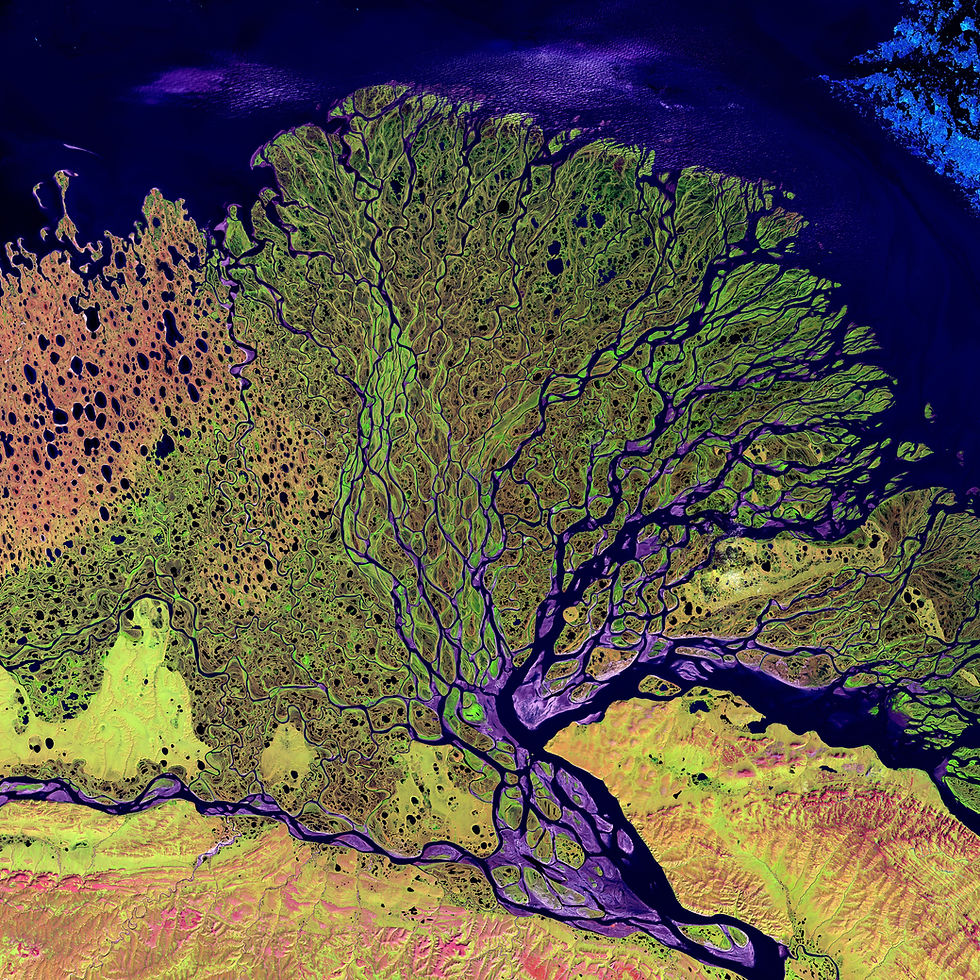Natural Magic of the Renaissance
- Sylvia Rose

- Jul 26, 2024
- 3 min read
Updated: Jul 31, 2024
Natural magic is a type of Renaissance magic, working directly with forces inherent in nature, as in physics, compared to ceremonial magic to summon spirits. Natural magic often involves use of physical materials from the natural world, such as stones, beeswax, horn or herbs.

Natural magic is deeply entwined with the perception and understanding of the natural world during the European Renaissance c. 1350 - 1650 AD. Practitioners of natural magic attune to cosmos, Earth and humanity, tapping into energies of nature, of which humans are part.
A practitioner seeks desired outcomes or changes. The definition of natural magic covers astrology, alchemy, mathematics, physics and the development of astronomy and chemistry. It also covers areas like botany, once known as herbology.
Natural magic or nature magic is as ancient as the first seed of creation. Rituals, folklore, superstitions, traditions grow upon it. Natural magic crosses boundaries and its practice is worldwide. Within the tree of magic, natural magic is just one branch with many twigs.
It relates to Spagyria or plant alchemy, introduced by Swiss physician Paracelsus, a colorful figure of the times. Known for long walks in nature he visits the remotest of villages to learn their herbal lore and techniques.
“... Many have said of Alchemy, that it is for the making of gold and silver. For me such is not the aim, but to consider only what virtue and power may lie in medicines.”
- Philippus Aureolus Theophrastus Bombastus von Hohenheim (Paracelsus) 1493-1531 AD
Natural magic awakens awareness to the perfect balance of ecologic systems; weather patterns; rock formations and geology; animal or plant spirituality. These bring harmony to the soul.

Natural magic includes divination by bird flight, casting the bones or animal movements such as those of sacred bull Apis in Pharaonic Egypt. It may include haruspicy, or insight through animal entrails.
An early Roman practice, haruspicy is still known in the Renaissance, not always favorably. Queen of France Catherine de' Medici makes her bad reputation no better when she takes advice from an occult practitioner and haruspex.

Natural magic is an immersive experience and sensual, in that the practitioner uses the senses smell, touch, hearing, vision, taste to holistically converge with instinct and omnipresent nature energies.
Paracelsus further elaborates on microcosm and macrocosm, drawing inspiration from Greek philosophy. The macrocosm represents the entire world, while the microcosm symbolizes a small part of it, typically humanity. Each reflects the other.

This views the universe as a vast living entity, a concept deeply rooted in Greek philosophy, particularly in the teachings of Pythagoras, Plato and later Neoplatonism. Panpsychism perceives all things as having a mind or a mind-like quality.
"there are as many forms of natural magic as there are applied sciences."
~ Athanasius Kircher (1602 - 1680)

Looking into the writings of Renaissance scholars, Heinrich Cornelius Agrippa in his work Three Books of Occult Philosophy (1533) provides a comprehensive exploration of natural magic. He describes it as "essentially the highest power of natural sciences."
Giovanni Pico della Mirandola, an Italian Renaissance philosopher instrumental in the Christian Kabbalah tradition, affirms natural magic is "the practical aspect of natural science". He defines it as legitimate rather than heretical.
This is one of the reasons alchemists are not persecuted during the witch hunts. An alchemist is a natural philosopher, a noble occupation. The distinction is important to viewing natural magic as a legitimate pursuit, bridging the gap between mysticism and empirical observation.
Non-Fiction Books:
Fiction Books:
READ: Cult of the Fire God - Bronze Age Quest Adventure
READ: Lora Ley Adventures - Germanic Mythology Fiction Series
READ: Reiker For Hire - Victorian Detective Murder Mysteries





